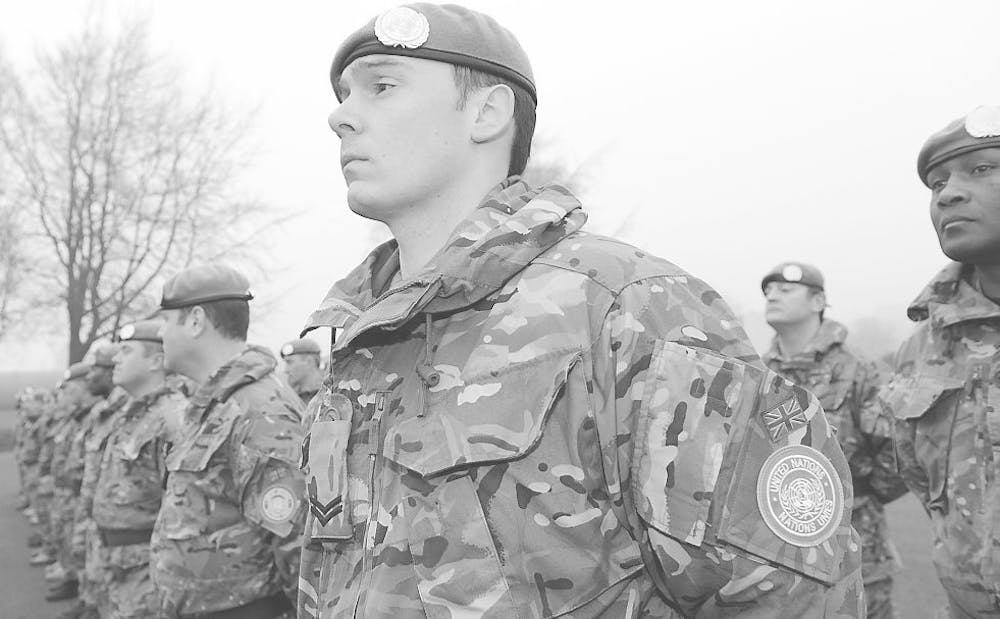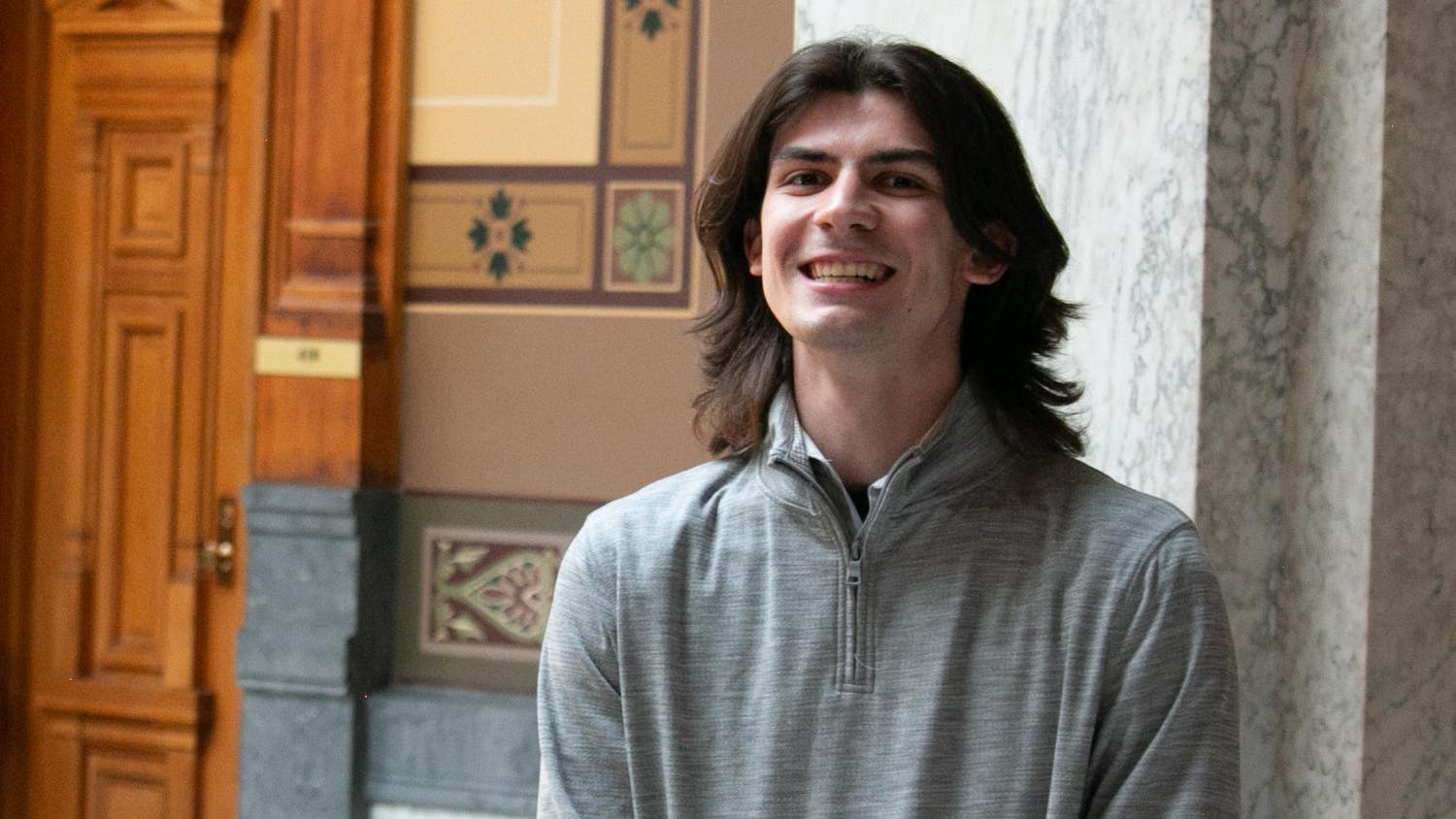By Joseph Johns|Echo
In a speech before the United Nations Peacekeeping Summit on Sept. 28, 2015, President Barack Obama addressed multiple issues faced by the United Nations (U.N.) in the coming years, such as unstable governments in many States and the difficulty of the U.N. manning a standing Peacekeeping Force that can execute their duty honorably, according to a White House Press Release.
The President began by noting that the U.N. currently has more than 100,000 troops and police worldwide. He continued on to salute the 3,300 Peacekeepers and police force members that have died protecting peace around the world since the advent of the United Nations Peacekeeping Forces roughly 70 years ago.
He then addressed the scarcity of U.N. Peacekeepers. This shortage can be attributed to the new tremors of instability in countries such as the Central African Republic, Syria and South Sudan in recent years.
Peacekeepers are possibly the most effective department of the U.N. in maintaining international peace and security. They are comprised of the U.N. soldiers who are charged with preserving the peace and security of countries transitioning between governments. They can act with force in pursuit of this end, but only within specific guidelines.
He also acknowledged a disturbing fact-there are individuals within the Peacekeepers who sexually exploit and abuse citizens of the host country.
Obama presented his view of sexual assault in the presence of U.N. Peacekeeping Operations.
"It's an affront to human decency," he said. "It undermines the core mission because it erodes trust with communities. It has a corrosive effect on global confidence in peacekeeping itself."
The Council on Foreign Relations (CFR), a U.S.- based think tank that gives policy advice to legislators and decision makers in the federal government, has offered an examination of why sexual abuse by the U.N. Peacekeeping Forces exists.
Structural discrepancies within the U.N. policies, especially those which regulate troop-contributing countries, are one major reason for sexual abuse.
One aspect of the policy stipulates that each troop-contributing country is responsible for investigating any claims of sexual misconduct by their Peacekeepers.
This places the responsibility of arrest, investigations, trial, and conviction on countries such as Rwanda and Bangladesh, two troop-contributing states which do not even have an efficient court system. These countries would be hard-pressed to prosecute their citizens for crimes, especially in the fog of war.
One clear example of how surface-level the assault investigations is the case of a 12-year-old girl who claimed to have been raped by one of the many Peacekeepers that had come to the CAR to prevent further sectarian violence. When she was brought before a lineup of U.N. soldiers by the commander of the platoon to identify her assailant, the girl could not identify the man who raped her so the investigation ended there. The girl was dismissed and the case did not receive any more attention.
The fact that the case of the little girl from the CAR was dismissed with such expediency betrays a lack of sincerity in the U.N. General Assembly when dealing with cases of sexual assault. The UN General assembly's apathy is also manifest in the fact that they have not passed more restrictive guidelines on conducts of sexual assault.
The Council on Foreign Relations stated that sexual violence by Peacekeepers is disturbingly familiar. Reports of such crimes date back at least to the 90s, in U.N. missions in Mozambique, Bosnia, Guinea, Liberia and Sierra Leone. The soldiers participated in sex trafficking, prostitution, and would often trade those things for food or medical supplies.
The extensive history that U.N. Peacekeeping Forces have had with sexual assault begs the question of whether it is possible to have healing rather than simple policy and structural change.
"Christians have a lot to offer in this conversation because of our desire to uplift the oppressed and our relational view of sexuality. I want to see these ideals represented by Peacekeepers," said Emily O'Daniels, a senior international studies and psychology major at Taylor.
Recent improvements to U.N. policy shine a light on the dark history of sexual abuse by U.N. peacekeepers.
The U.N. banned sexual abuse of minors expressly in a special bulletin in 2003, which says, "Sexual relations with a minor under age 18 in exchange for assistance, food, goods, service or money, or through intermediaries is forbidden."
This policy measure, along with the willingness of countries such as France and India to prosecute their citizens for violating the laws of the U.N., shows that conditions are improving.
The issue of sexual assault within the U.N. is moving from being overlooked to being addressed in ways that will benefit the reputation of the United Nations and its Peacekeepers.





